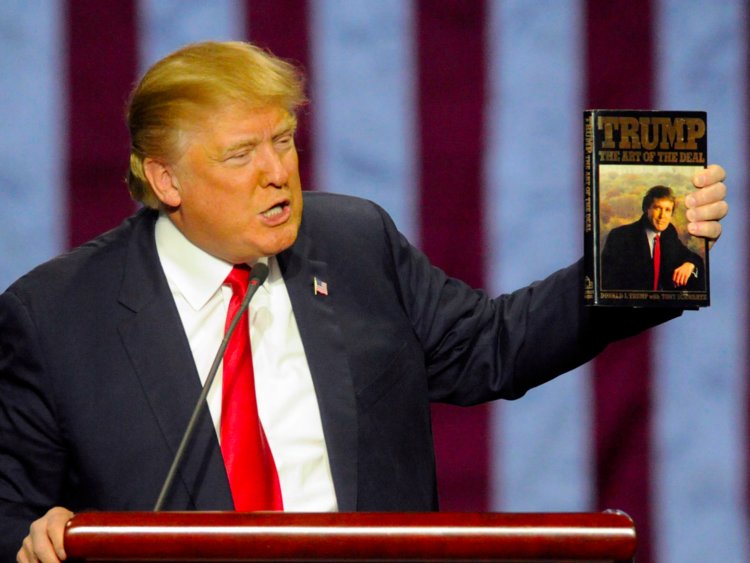
Europeans are starting to accept that they will have to go it alone and figure out how to deal with their own issues – now that the “Partners in Leadership” pact that lead the world is dead and gone. Since the end of World War II – Germany gladly tamed its own internal monsters by relying on this partnership with the US. Germany has followed the US, partnered with the US, implemented US strategies, fully trusting that the promises Reagan, W.H.Bush, Bill Clinton, W. Bush, and Obama made to the Germany and by extension to the EU. Now the world has to come to grips with the current change of direction that sometimes feels like a betrayal by the US. As Thomas Kleine-Brockhoff explained to Juurd Eijsvoogel, in the NRC News.
Trump’s wishes to focus the US inward. He wants to cut the country off from the world and seems merely eager to please Putin, Kim Jong-Un, Xi JinPing, and the Saudis. He welcomed Duterte and Erdogan, and the right-wing leader of Poland and Hungary. He disregards all the leaders of democratic nations and voices his dislike of most European, NAFTA leaders and Australians.
The West is floundering. Blaming immigrants, closing borders will not be the most constructive way to run a country or economic region. It doesn’t matter whether we are talking about the US or Europe. The US wants to close its borders to immigration instead of strengthening the middle class. This policy will not succeed regardless of whether the US succeeds in offending the rest of the world and shutting itself into its tiny fortress. Without a growing population and without international trade every country will move backwards. The policy of breaking promises and committing inhumane and egregious acts will backfire for many years to come regardless of whether it is carried out in the US or in Europe. All we have to do is watch the Middle East and Africa to see that conflict doesn’t pay many dividends, except to weapons’ dealers, mining operators and eventually construction companies.
Similarly in the EU, the ill-fated Dublin-Agreement burdens Greece and Italy as the point of entry states with all the problems of integrating immigrants. Naturally this doesn’t work, it could never have worked. Without a healthy immigration policy the EU will suffer terrible economic consequences. It is already a tiny region when compared to China, India, Latin America and North America. Without immigration, the population and therefore the economy will shrink, burdening the ever fewer young with the cost of caring for an expanding older population.
Ronald Barazon states in his article in the DWN: ” With a realistic attitude that emphasizes the need for immigration, meets foreigners positively, but does not close their eyes to problems and needs, a constructive policy should be possible.
The US and Europe are partly responsible for the prevailing chaos. The interventions of recent years – from Afghanistan to Iraq to Libya – have been driven by a very positive effort to eliminate brutal dictators in these countries. However, not a flourishing democracy followed, but the abolished rulers were replaced by numerous other brutal actors who are now triggering the waves of refugees. Currently, too many politicians are misusing immigration as a means of concealing their many failures in other areas. “
Strengthening the middle class works wonders for stability. That role falls on investors and business leaders. Politicians are too dependent on donors and simply carry forth policies that are in the best interest of a few wealthy donors. Only when global business leaders realize that an eroding middle class erodes ROI, will the world move in a better direction. Perhaps things have to get quite terrible in terms of ROI before business leaders and politicians get personally affected enough to choose change. In Europe that time is now.





